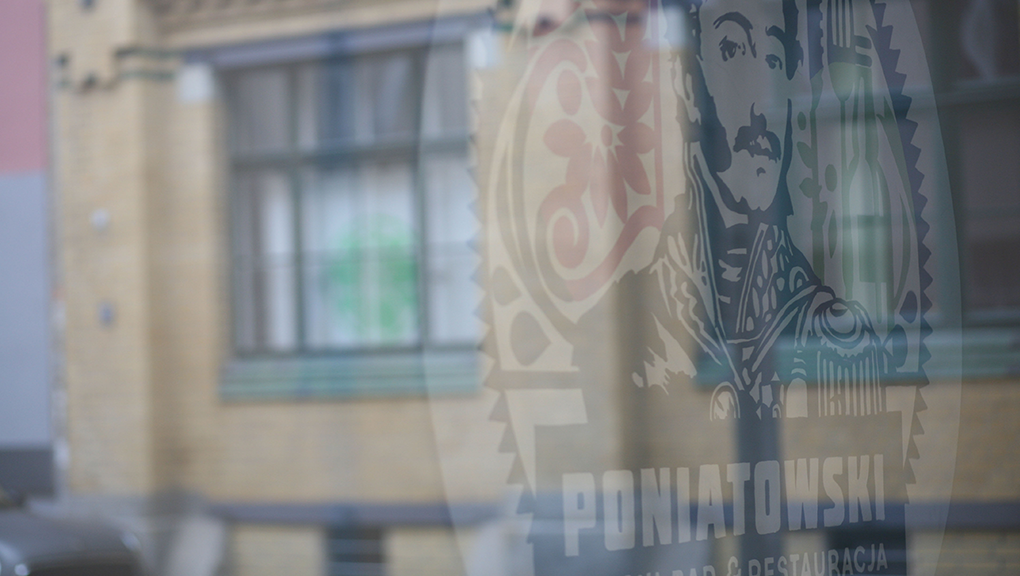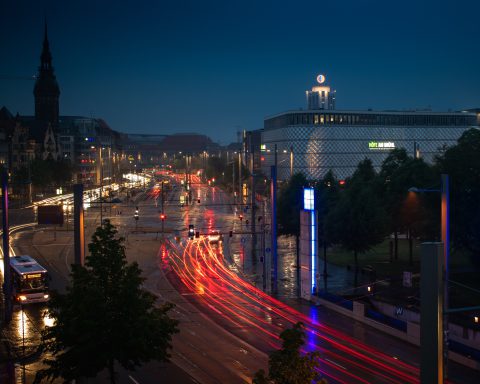Thanks to the investment made by Red Bull, the Austrian energy drink company, the football team RB Leipzig became an almost instantaneous hit competing in the German first division (the Bundesliga). It rose meteorically, arriving at the European level a short eight years after its founding. For many in Leipzig, a first division team is a welcome sight. However, our city’s team has its large share of enemies around Germany for the way it came about.
Last year, the magazine Berliner Kurier refused to publish RB Leipzig’s name in their printed edition of the Bundesliga ranking table. Instead, the magazine mentioned them as “Dosenverkauf,” or “can sellers.” This alluded to the business of the team’s owners and investors.
However, the reason why many around Germany hate RB Leipzig is not that Germans dislike energy drinks, but that it goes against the country’s traditions.
Because football should not be about money, right?
In Germany, big money in football is frowned upon. This is the reason why most Germans don’t like FC Bayern München either. The Bavarian team is by far the richest German team, which is why they can afford big football names. Football tradition in Germany states that big money should stay out of football.
It was scandalous in Germany that big Spanish clubs like Real Madrid and Barcelona were getting tens of millions of euros (!) in state subsidies, which they used to buy and pay the salaries of really big football names. Hence, the general hate for RB Leipzig – a first division football team artificially created by the investments of some hyper-caffeinated Austrian rich cats.
Even if somebody hates FC Bayern for their expensive player signings, they would at least admit that it was a top team created after decades of football development. They even have thousands of members. That cannot be said about RB Leipzig; an instantaneous top football club.
But it represents an important investment in our (football-depressed) region.
As a big football fan, and proud resident of Leipzig, I have wrestled with the question of how not to hate RB Leipzig, and maybe start liking it. One way, I think, is to look at how important foreign investment is for Leipzig, and the region.
Football fans living in the former GDR have to face a grim reality: Besides RB Leipzig, there is no football team in the Bundesliga from East Germany. Even Hertha Berlin, a solid first division club, is from West Berlin. RB Leipzig is currently the only real ossi football club.
East Germany lacks first division teams because that requires money… lots of it. Football clubs in the former GDR are short of it. FC Bayern is a team with decades of tradition, but also the home of many rich cats. Borussia Dortmund isn’t a poor football club, either.
And this is where the importance of investment comes in: foreign direct investment (FDI), to be more precise. FDI is a proven way of speeding up social and economic development.
The term has a bad reputation for being part of the so-called neo-liberal agenda of international agencies like the International Monetary Fund (IMF); a synonym for blood-sucking vampires, according to many left-leaning political parties and economists.
The reality, though, is that FDI helped West Germany get back on its feet after World War II. Remember the Marshall Plan? It was a perfect example of how FDI can help speed up development.
FDI doesn’t always work, though. Nevertheless, in the case of Leipzig, located in the historically disadvantaged region of the former GDR, FDI can be of great help. It can give Leipzig residents a good and competitive football team!
Time will tell if the FDI made by the Austrian drink energy company will turn RB Leipzig into an established football force, or if it will crash from its energy effect (sugar high?) after a while (pun intended). For now, the thought of RB Leipzig as a potential success story thanks to FDI allows me not to hate it… and maybe even to start liking it.











